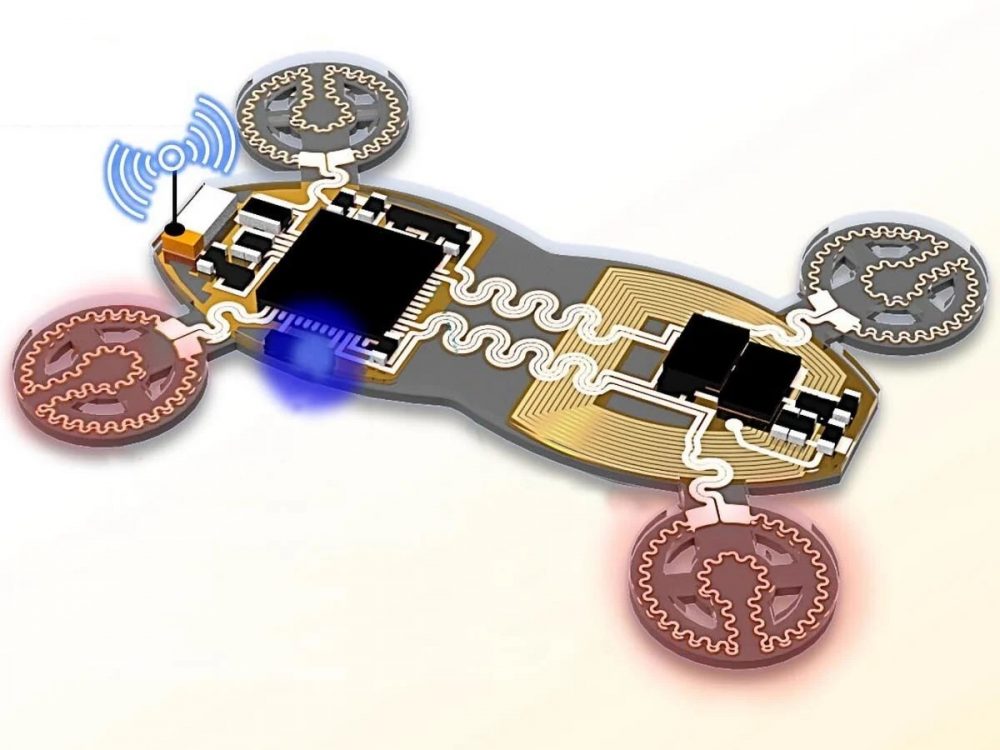Habit cough, often shrouded in mystery, emerges as a peculiar type of cough that perplexes the person experiencing it and puzzles health professionals. Distinguished by its barking quality and persistence beyond the usual cough remedies, habit cough, sometimes called psychogenic cough, stands out in respiratory symptoms. Let's dive into the intricate world of habit cough, dissecting its nature, treatment options, and the journey toward recovery.
The Nature of Habit Cough
Imagine a persistent cough that occurs several times a minute, lasts for weeks or even months, and yet, intriguingly, vanishes when the person is asleep. This is the hallmark of habit cough. Characterized by a harsh "barking" quality, this type of cough has been a topic of fascination and concern. It typically manifests without any underlying pulmonary function or radiographic abnormalities, making it a problem for both patients and physicians.

Andrea Piacquadio | Pexels | Habit cough occurs several times a minute, lasts for weeks or even months, and yet, intriguingly, vanishes when the person is asleep.
Psychiatric Aspects of Respiratory Symptoms
Delving into the psychiatric aspects, it becomes evident that habit cough is not merely a physical anomaly but a complex interplay between the mind and body. It's often diagnosed after excluding other causes of chronic cough and is especially common in children, although adults are not immune. The fact that this cough disappears during sleep hints at its psychological underpinnings, further blurring the lines between physical symptoms and mental health.
Habit Cough Treatment Insights
The journey toward managing cough is multifaceted. A significant body of research, including a pivotal study by Rojas et al, provides a beacon of hope. Following up on 60 patients, they discovered that the majority saw a complete resolution of their cough without specific treatments, highlighting its self-limiting nature. However, this doesn't negate the necessity for intervention, especially for those in whom the cough persists.
Behavioral interventions play a critical role in treatment, focusing on breaking the cycle through education, suggestion, and teaching voluntary behaviors incompatible with the cough, such as diaphragmatic breathing. The simplicity of carrying a water bottle and sipping water to inhibit the urge to cough is both practical and effective. Moreover, rewards for decreased coughing can motivate children to overcome this challenge.
The Power of Mind/Body Techniques
Applying mind/body techniques, including self-hypnosis, offers an innovative approach to habit cough. These methods have shown promising results by teaching patients to extend the interval between coughs through positive self-talk and physical measures, like drinking water. The aim is to address the "tickle spot" in the throat and reduce the impact of cough, demonstrating the profound connection between the mind and body in healing.
Chronic Cough
When approaching chronic cough, it's crucial to conduct a thorough investigation, differentiating between habit cough and other potential causes based on the cough's nature, onset, and associated symptoms. This comprehensive assessment ensures that habit cough is accurately identified and managed within the broader context of chronic respiratory conditions.
Conclusion
Habit cough represents a unique intersection between physical symptoms and psychological factors. It requires a nuanced understanding and a multidimensional approach to treatment that respects health's mental and physical aspects. Educating patients and their families about habit cough, embracing behavioral interventions, and exploring innovative mind/body techniques, we can navigate this complex condition with compassion and expertise. In doing so, we pave the way toward managing habit cough and empowering individuals to reclaim their health and well-being.













